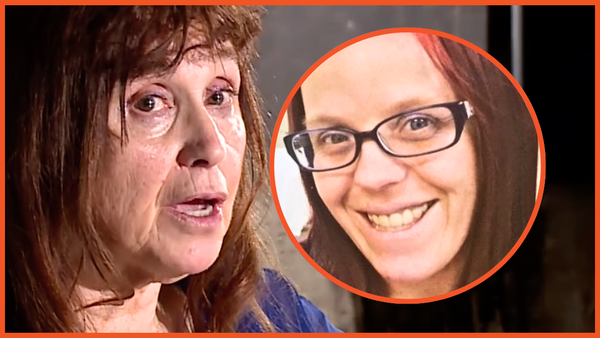
Fossil fuel burning is not just damaging the world’s climate; it is also threatening the health of at least 1.6 billion people through the toxic pollutants it produces, data shows.
Carbon dioxide, the main greenhouse gas from fossil fuel burning, does not directly damage health, but leads to global heating. However, coal and oil burning for power generation, and the burning of fossil fuels in industrial facilities, pollute the air with particulate matter called PM2.5, which has serious health impacts when breathed in.
A new interactive map from Climate Trace, a coalition of academics and analysts that tracks pollution and greenhouse gases, shows that PM2.5 and other toxins are being poured into the air near the homes of about 1.6 billion people. Of these, about 900 million are in the path of “super-emitting” industrial facilities – including power plants, refineries, ports and mines – that deliver outsize doses of toxic air.
The organisation highlighted 10 urban areas particularly badly affected by super-emitters, including Karachi in Pakistan; Guangzhou in China; Seoul in South Korea; and New York in the US, where leaders from around the world are meeting this week for the UN general assembly.
Raising the alarm over air pollution is seen by some in the US as a way to counter Donald Trump’s moves to dismantle work by the federal government aimed at tackling the climate crisis. The US president has shut down federal climate programmes, ordered an end to renewable energy projects, and issued a climate report that scientists called a “mockery”.
At the UN general assembly on Tuesday, he denounced climate science as a “con job”. His words were swiftly refuted by scientists.
But Trump’s government claims to be willing to consider some forms of combating pollution. His environmental adviser Ed Russo gave an address to the climate week hosted by Brazil last month in Rio de Janeiro, before Brazil’s presidency of the Cop30 climate summit this November. Russo referred approvingly to the fight against pollution from waste dumps, landfills and other sources. “The impacts of pollution are the critical problem in all of this,” he said, in a video message. “We have to clean up the messes that we made and stop pollution at its source.”
However, he did not say how the Trump administration would seek to clean up toxins, and environmental groups are concerned at the apparent stripping of protections for clean water and air amid restructuring and rollbacks at the main regulatory body, the US Environmental Protection Agency.
Al Gore, a former US vice-president and co-founder of Climate Trace, said there was a clear link between human health and fossil fuel burning. “Facilities that burn fossil fuels are the overwhelmingly dominant source of heat-trapping pollution that is driving the climate crisis – by using the sky as if it were an open sewer. The particulate air pollution they also create falls downwind into surrounding neighbourhoods and is causing the deaths of 8.7 million people per year,” he said. “Now that we can clearly see how and where people are being exposed to this harmful pollution, our leaders must do something to reduce it.”
The Climate Trace tool, which is being made publicly available, will allow people to see plumes of air pollution, detected and tracked by satellites and sensors, which are flowing into the air in more than 2,500 urban areas. “The new tool shows in striking detail the direct connection between the climate crisis and the air pollution that is a significant threat to public health,” the organisation said. “Identifying and showing which communities are most at risk is an urgent priority.”







